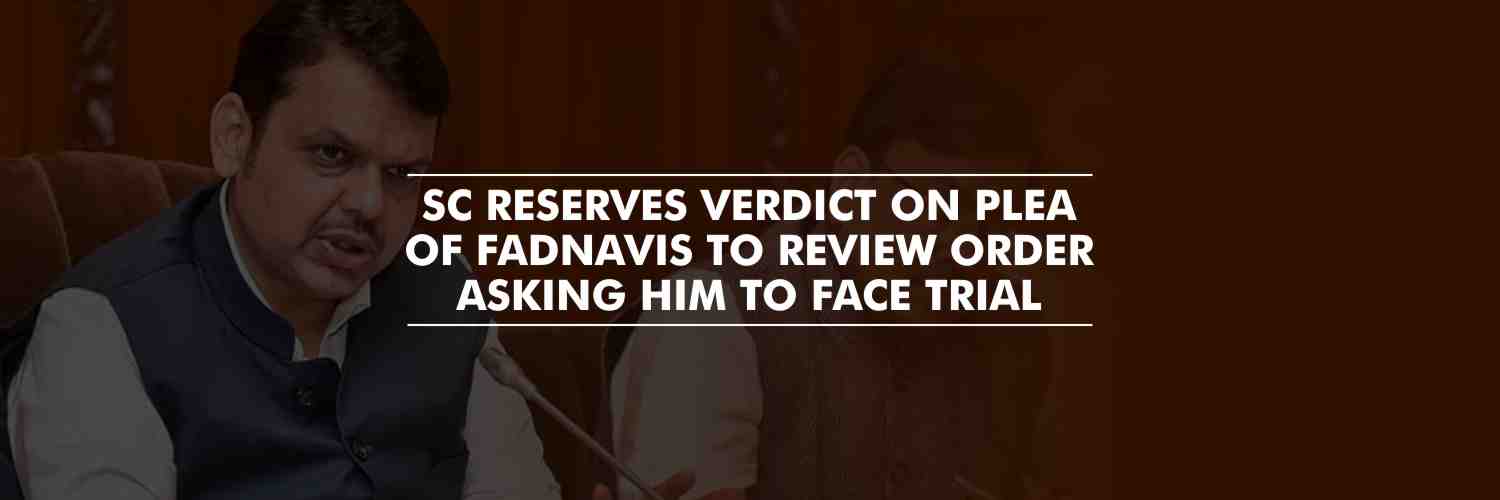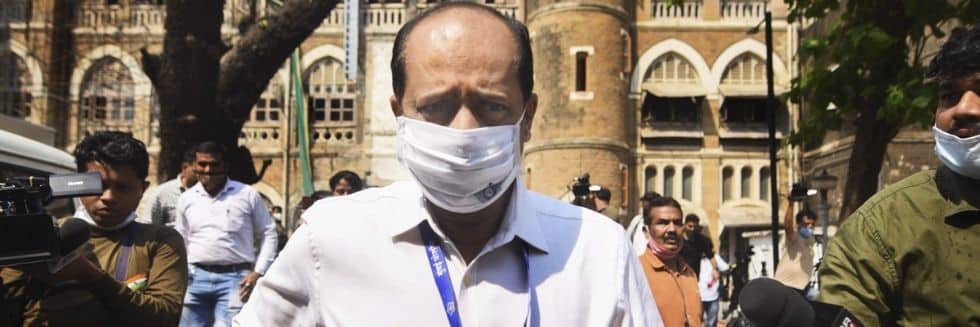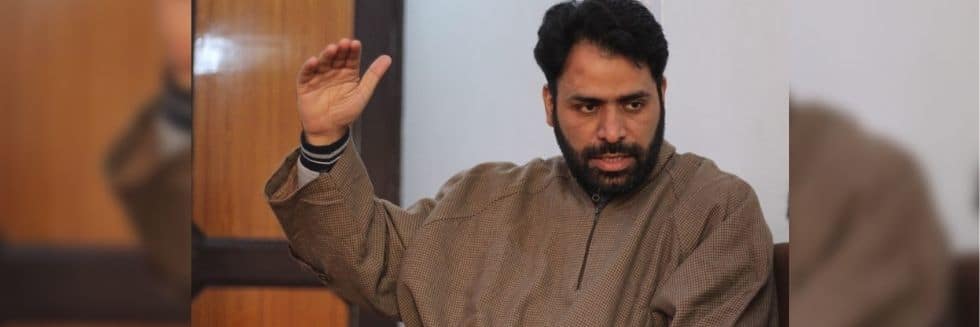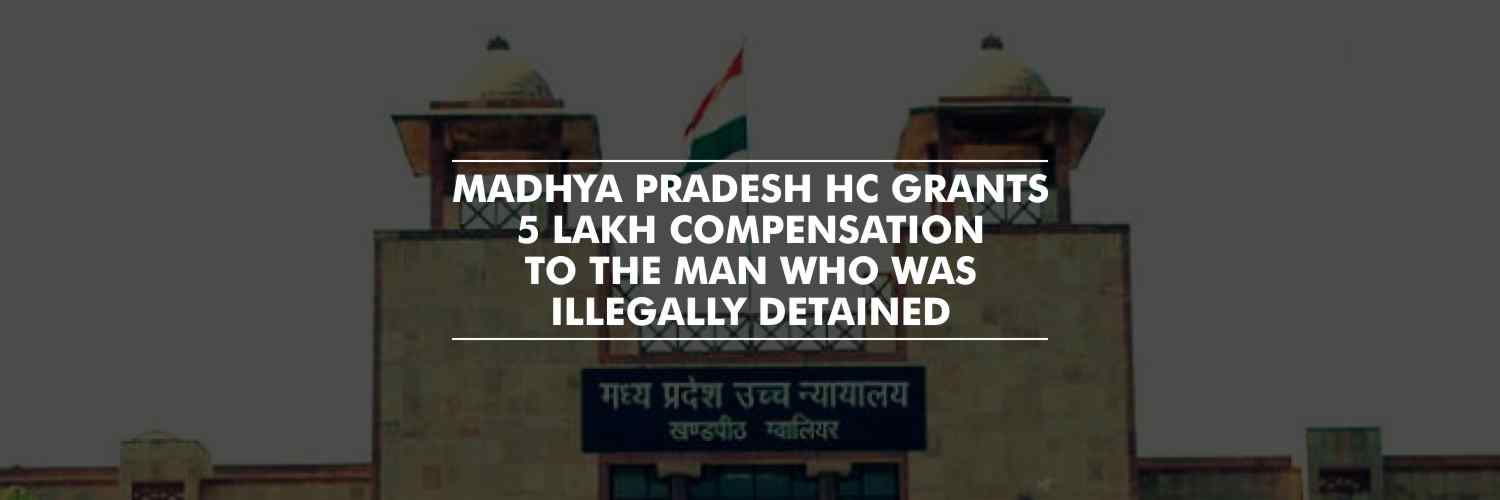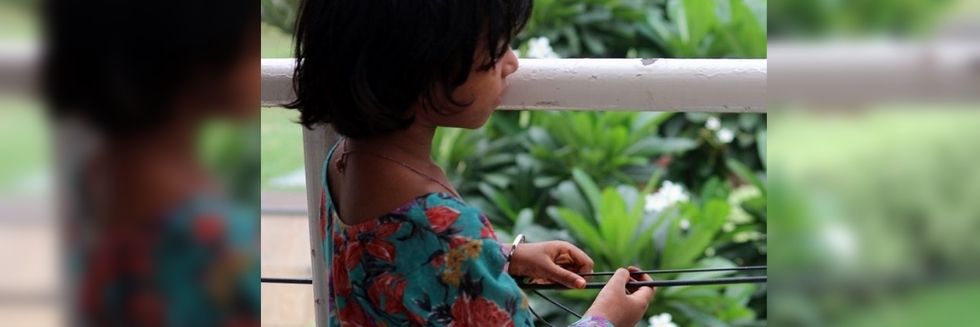The Supreme Court today has reserved its verdict on a plea filed by the former Chief Minister of Maharashtra, Devendra Fadnavis, who sought the review of its 2019 judgment which had set aside the clean chit given to him by the Bombay High Court and asked him to face trial for failing to furnish the pending criminal case details against him in the 2014 poll affidavit.
The three-judge bench headed by Justice Arun Mishra was hearing the plea filed by Fadnavis, through his counsel, Senior advocate Mukul Rohatgi challenging the October 2019 judgment of the SC, which had set aside the clean chit given to Fadnavis by the Bombay High Court.
Rohatgi while referring to Section 33 A (1) of the Representation of the People Act 1951, stated that there was no requirement to furnish information regarding a criminal case unless the charge has been framed by the trial court. He further told the bench that the issue will have very far reaching consequences for other candidates fighting elections and sought for the honorable apex court’s re-examination of its 2019 decision.
“This will seal my fate. It is an important question as it affects Article 21. This is a matter which requires a re-look,” Rohatgi told the bench.
Earlier, on 1 October 2019 the Supreme Court bench while dealing with a petition filed by an advocate Satish Ukey who sought prosecution of Fadnavis under the provisions of the Representation of the People Act for allegedly failing to furnish details of two pending criminal cases against him in the 2014 poll affidavit. The two cases against Fadnavis involve, alleged cheating and forgery in 1996 and 1998, respectively, although charges were not framed. Ukey had contended that Fadnavis has filed a false affidavit by not disclosing two criminal matters and yet the trial court and the high court held that no prima facie case was made out for prosecution of the chief minister.
Subsequently, the SC bench headed by the then Chief Justice, Ranjan Gogoi had set aside the Bombay High Court order which gave a clean chit to Fadnavis stating that he did not deserve to be tried for the alleged offense under the Representation of Peoples Act. The bench which also comprised of Justices Deepak Gupta and Aniruddha Bose had observed that prima facie case under Section 125 of the Representation of People’s Act was made out against Fadnavis and further directed the trial court to proceed with the case.
However, Fadnavis filed an application for review which was agreed by the SC on 23 January for an oral hearing of review petition in an open court.
The provisions of RPA deals with the penalty for ‘filing false affidavit’ and says that if a candidate or his proposer fails to furnish or gives false or conceals any information in his nomination paper on issues like pending criminal cases then the person may be awarded six months jail term or fine or both.
